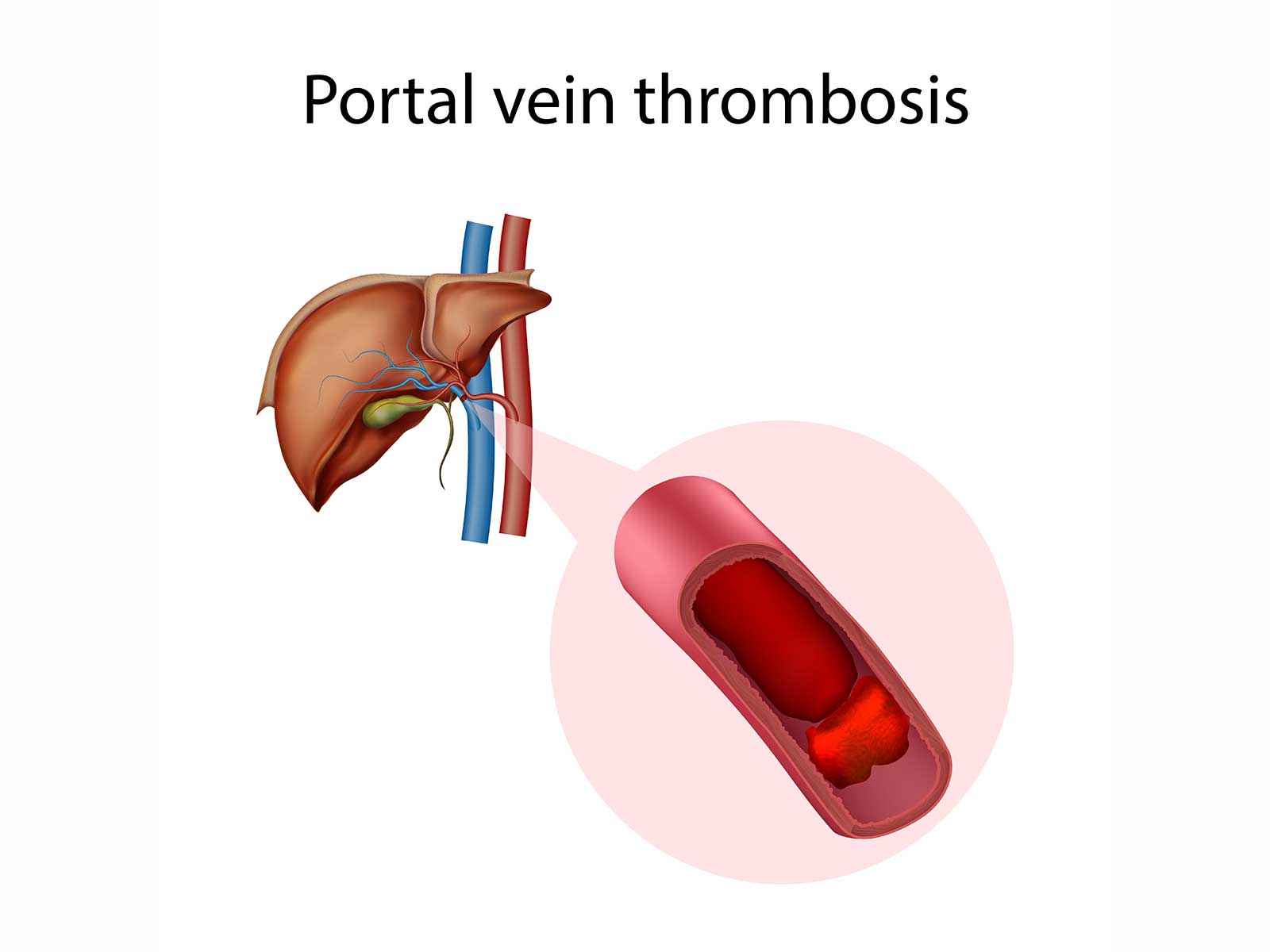
A perina fistula is a small slit occurring between the anorectum and the skin of the anus. It normally occurs after an infected or abscessed anal gland. It may result in permanent pain, swelling or discharge and may have to be treated through surgery to heal.
The symptoms that you may be affected by are:
Perianal fistulas are most frequently caused by the obstruction and infection by an anal gland. Others cited reasons include:
In case of your perianal fistula is painful, swollen or discharging, simply do not wait, as there is good treatment. Our specialists at GastroDoxs in Houston offer care in terms of a profound evaluation, discourse on the latest treatment options that are tailored to your requirements, and support you through the entire process of healing. You can get in touch with us now to make an appointment and start living the comfortable life you deserve.
We've successfully treated more than 1.5K patients, helping individuals improve their digestive health and overall well-being through expert, personalized care.
With over 20 years of experience, GastroDoxs has been a trusted provider of gastroenterology care, focusing on delivering the best outcomes for patients
A perianal fistula is a small opening that develops between the anal canal and the skin around the anus which typically appears following an abscess or infection.
The majority of fistulas appear as a result of the blocked and inflamed anal gland. Other potential causes are Crohn disease, surgery conducted in the past, and some infections.
It can be presented as a slight bump or hole or opening around the anus, which can be frequently surrounded by redness and irritation, and can discharge pus or blood.
A seton is a medical thread that is inserted via the fistula tract to hold the tract open and thus facilitates slow drainage and encourages smooth healing.
The majority of the patients have a recovery time of four to six weeks following a surgical repair, but the more complicated fistulas will take more time to heal completely.
Major cases of perianal fistulas can only be healed via surgery, but in few cases, the not severe form can be treated effectively using antibiotics or other treatment options.
Pain, swelling, chronic drainage or abscess near the anus is a condition which you would require a specialist to see.
Physical examination is adequate in most instances. Nevertheless, imaging can be performed to map the fistula tract prior to treatment (MRI or ultrasound).
Aftercare usually involves warm sitz baths, good wound care, pain management and regular follow-up visits to guarantee healing and ward off complications.
Our experts at GastroDoxs in Houston offer a high level of knowledgeable care, compassionate treatment with the help of modern equipment, effective communication, and the personal attention of a patient in his/her diagnosis and recovery processes.